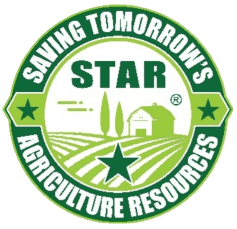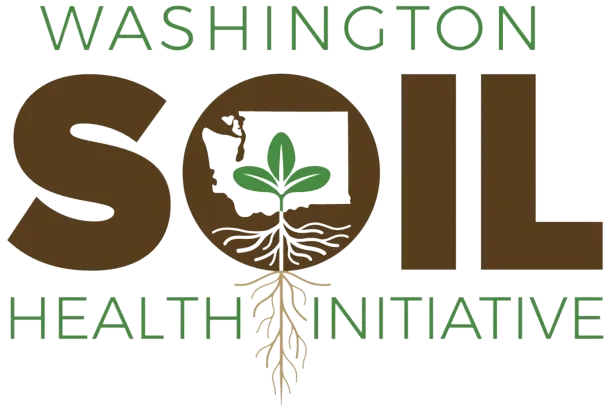
©
STAR comes to Washington
June 21, 2023
Dani Gelardi
 Bringing an existing program to Washington
Bringing an existing program to Washington
The Washington legislature has funded a new program at WSDA intended to generate economic valuation for on-farm soil health management. Saving Tomorrow’s Agriculture Resources (STAR) was created by Illinois farmers in 2017. It is now used in four states, with an additional seven receiving STAR funding through the USDA Climate Smart Commodities Program.
This free and voluntary program allows participants to answer simple, production-specific questions about their rotation, tillage, nutrient applications, and conservation practices. Answers are converted to a score of 1 to 5 STARs. STAR scoring relies on the expertise of local science committees made up of university researchers, conservation professionals, and farmers. STAR is intended to provide farmers:
- A clear pathway to conservation adoption and free, unbiased technical support;
- Public recognition for environmental stewardship;
- Access to branding materials that can generate a market signal with consumers and supply chain partners; and
- A consistent scale for evaluating progress across regions and systems
Creating market-based valuation for farmers
WSDA asked the legislature for STAR funding in direct response to lessons learned in the Washington Soil Health Roadmap. Washington producers overwhelmingly reported interest in using conservation practices and improving soil health. However, many growers cited economic barriers to experimenting with new techniques. Incentive programs like Sustainable Farms and Fields and NRCS EQIP are essential to assist growers with startup and transition costs. However, growers also asked WaSHI to develop market-based valuation, to sustain soil health practices after a grant cycle is complete.
STAR enrollment in Washington begins in summer 2024, for producers from approximately 10 cropping systems. WSDA is currently hiring an Economic Development Coordinator to launch the program, recruit crop-specific science committees, and develop individual field forms. For an example of region- and crop-specific field forms, visit the Colorado Department of Agriculture’s STAR webpage. In the meantime, stay tuned for more information about this exciting new opportunity for Washington producers.

Senior Soil Scientist and WaSHI Lead, Washington State Department of Agriculture
This article was published by the Washington Soil Health Initiative. For more information, visit wasoilhealth.org. To have these posts delivered straight to your inbox, subscribe to the WaSHI newsletter. To find a soil science technical service provider, visit the Washington State University Extension website or the Washington State Conservation District website.

